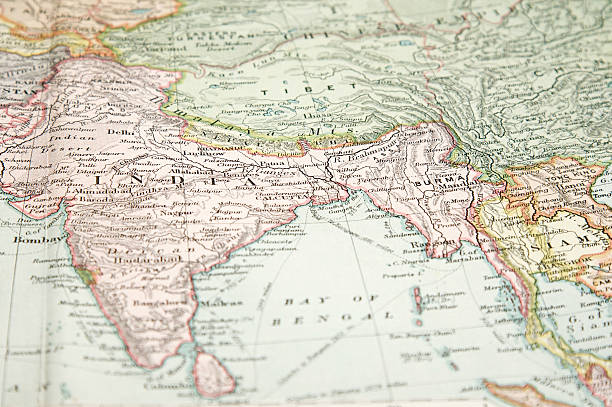
Sri Lanka, often referred to as the "Pearl of the Indian Ocean," is a small island nation that offers a rich tapestry of history, culture, and natural beauty. Located just off the southern coast of India, this tropical paradise is known for its stunning landscapes, diverse wildlife, ancient heritage, and warm hospitality. With a history that dates back thousands of years, Sri Lanka is a land of timeless traditions and captivating stories.
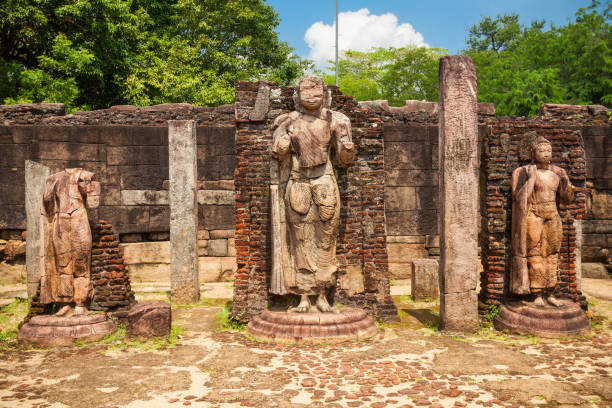
Sri Lanka's history is as diverse and vibrant as its culture. Known as Ceylon until 1972, the island has been a significant hub of trade and culture for over 2,500 years. The earliest recorded history of Sri Lanka begins with the arrival of Prince Vijaya from India in 543 BCE, who is said to have founded the first Sinhalese kingdom. Over the centuries, Sri Lanka became home to a series of powerful kingdoms, including Anuradhapura and Polonnaruwa, both of which left behind impressive architectural and cultural legacies that can still be explored today.
The island's strategic location made it a coveted prize for many foreign powers, including the Portuguese, Dutch, and British, who each left their mark on the island’s history, architecture, and culture. Sri Lanka gained independence from British rule in 1948, and since then, it has developed into a modern nation that harmoniously blends its ancient past with contemporary life.
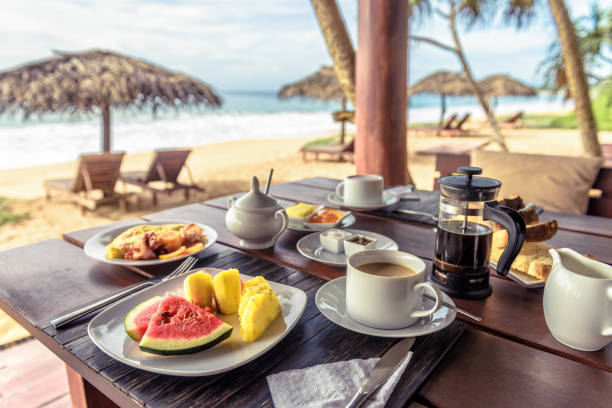
Sri Lankan cuisine is a reflection of the island's diverse cultures and history. The food is a flavorful blend of spices, fresh ingredients, and traditional cooking methods that have been passed down through generations. Rice and curry form the cornerstone of Sri Lankan meals, with a variety of accompaniments such as sambols, chutneys, and pickles adding layers of flavor and texture.
Coconut is a staple ingredient in Sri Lankan cooking, used in various forms such as coconut milk, oil, and grated flesh. The island’s proximity to the ocean means that seafood is abundant, with dishes like fish ambul thiyal (sour fish curry) being particularly popular. Other must-try dishes include hoppers (a type of fermented rice pancake), kottu roti (a stir-fried dish made with chopped roti, vegetables, and meat), and lamprais (a Dutch-influenced dish of rice and curry wrapped in a banana leaf).
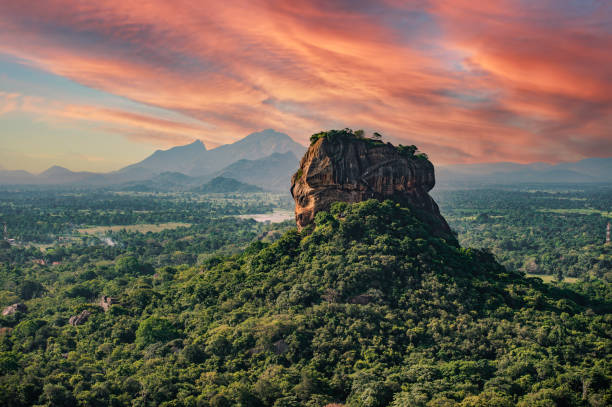
Sri Lanka's cultural heritage is deeply rooted in Buddhism, which was introduced to the island in the 3rd century BCE by the Indian Emperor Ashoka’s son, Mahinda. Buddhism has since become the dominant religion and has shaped the island's culture, art, and architecture. The ancient cities of Anuradhapura, Polonnaruwa, and Kandy are home to some of the most significant Buddhist relics and monuments, including the sacred Temple of the Tooth in Kandy.
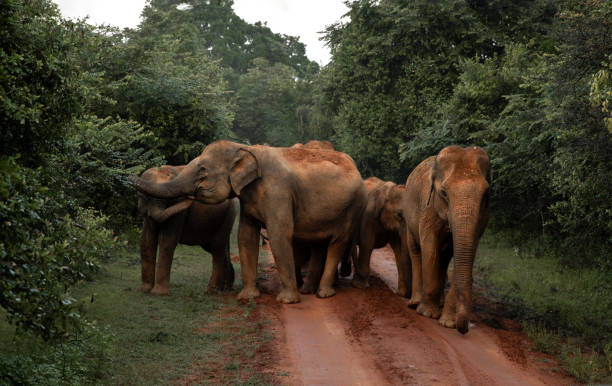
Sri Lanka is a paradise for nature lovers, boasting a wide range of ecosystems from lush rainforests and misty highlands to arid plains and pristine beaches. The island is home to several national parks and wildlife reserves, where you can witness the incredible biodiversity of Sri Lanka. Yala National Park is famous for its population of leopards, while Udawalawe and Minneriya are known for their large herds of elephants. The Sinharaja Forest Reserve, a UNESCO World Heritage Site, is a biodiversity hotspot with many endemic species of flora and fauna.
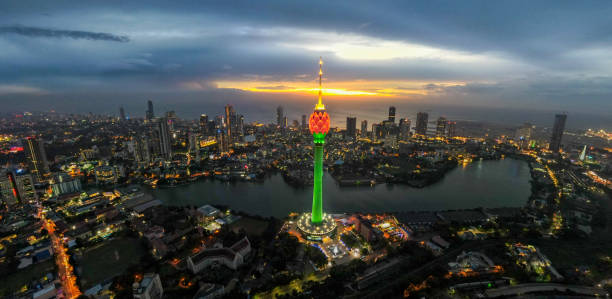
Today, Sri Lanka is a nation that embraces its past while looking towards the future. The island’s cities, like Colombo and Galle, are bustling with activity, blending modernity with colonial charm. Tourism plays a significant role in the economy, and the country is increasingly becoming a sought-after destination for travelers seeking a unique blend of history, culture, adventure, and relaxation.
